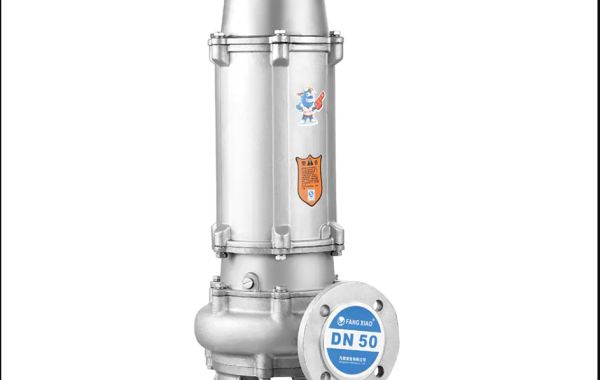Deep well pumps are essential devices for accessing groundwater from deep underground sources, making them a critical component of water supply systems in many regions. These pumps are designed to draw water from deep wells and deliver it to the surface for various purposes, including drinking water, irrigation, and industrial use.
One of the key features of deep well pumps is their ability to access water from great depths, often ranging from 100 to 1,000 feet or more below the ground's surface. This capability allows communities and agricultural operations to tap into reliable water sources even in areas with limited access to surface water.
Deep well pumps come in various types, including jet pumps and submersible pumps. Submersible pumps are the most common choice for deep well applications. They are submerged in the well and push water to the surface using impellers powered by electric motors. This design offers efficiency, reliability, and a lower risk of contamination compared to jet pumps.
In addition to their role in conventional water supply systems, deep well pumps are crucial in rural areas and off-grid locations where access to electricity can be challenging. In such cases, they may be powered by alternative energy sources like solar panels, wind turbines, or diesel generators.
In conclusion, deep well pumps are instrumental in accessing groundwater resources from significant depths, ensuring a stable and reliable water supply for various applications. Their efficiency, versatility, and adaptability to alternative energy sources make them vital tools for communities and industries worldwide.








